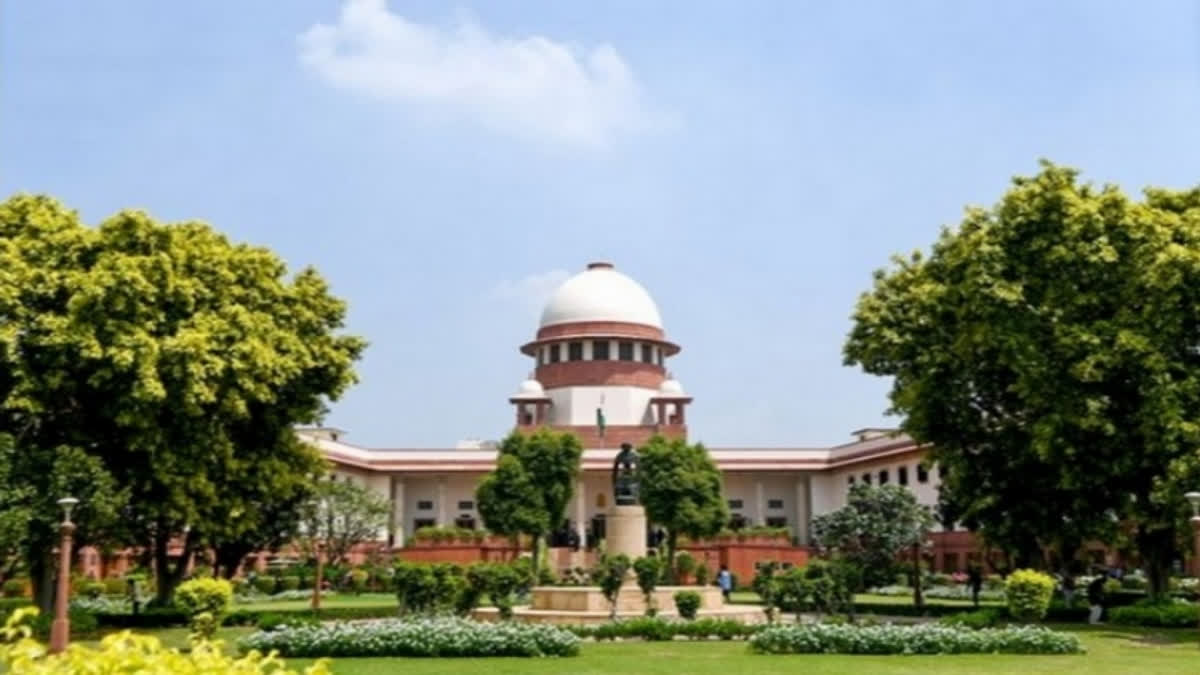New Delhi: The Supreme Court on Monday adjourned till October 3 the hearing on the plea of CPI(M) leader Brinda Karat challenging the Delhi High Court's order dismissing a petition against the trial court's refusal to order registration of an FIR against BJP leaders Anurag Thakur and Pravesh Verma for their alleged hate speeches over anti-CAA protests.
A bench of Justices Abhay S Oka and Pankaj Mithal deferred the matter after Additional Solicitor General SV Raju submitted a request for adjournment. The top court said no further adjournment will be granted to the respondent in the case. The apex court on April 17 issued notice to the Delhi Police on the plea filed by Karat.
On June 13 last year, the Delhi High Court dismissed the petition filed by CPI(M) leaders Karat and KM Tiwari against the two BJP MPs for their alleged hate speeches. The high court had refused to interfere with the trial court's order, saying under the law sanction is required to be obtained from the competent authority for registration of FIR in the present facts.
The petitioners had claimed in their complaint before the trial court that Thakur and Verma had sought to "incite people as a result of which three incidents of firing took place at two different protest sites in Delhi".The petitioners alleged that at a rally in Rithala in the national capital on January 27, 2020, Thakur egged on the crowd to raise an incendiary slogan "shoot the traitors" after lashing out at anti-CAA protesters of Shaheen Bagh. They claimed Verma, too, made an inflammatory speech against the Shaheen Bagh protesters on January 28, 2020.
Also read: SC refuses to entertain plea for registration of FIR for hate speeches in Uttarakhand
The trial court had on August 26, 2021, dismissed the petitioners' complaint on the grounds that it was not sustainable as the requisite sanction from the central government, which was the competent authority, had not been obtained. In their complaint, Karat and Tiwari had sought FIRs against the two BJP leaders under various sections, including 153-A (promoting enmity between different groups on grounds of religion, race, place of birth, residence, language, etc.), 153-B (imputations, assertions prejudicial to national integration) and 295-A (deliberate and malicious acts, intended to outrage religious feelings of any class by insulting its religion or religious beliefs) of the IPC.
They had also sought action under other sections of the IPC, including 298 (uttering, words, etc., with deliberate intent to wound the religious feelings of any person), 504 (intentional insult with intent to provoke breach of the peace), 505 (statements conducing to public mischief) and 506 (punishment for criminal intimidation). The maximum punishment for the offences is a jail term of seven years. (PTI)



